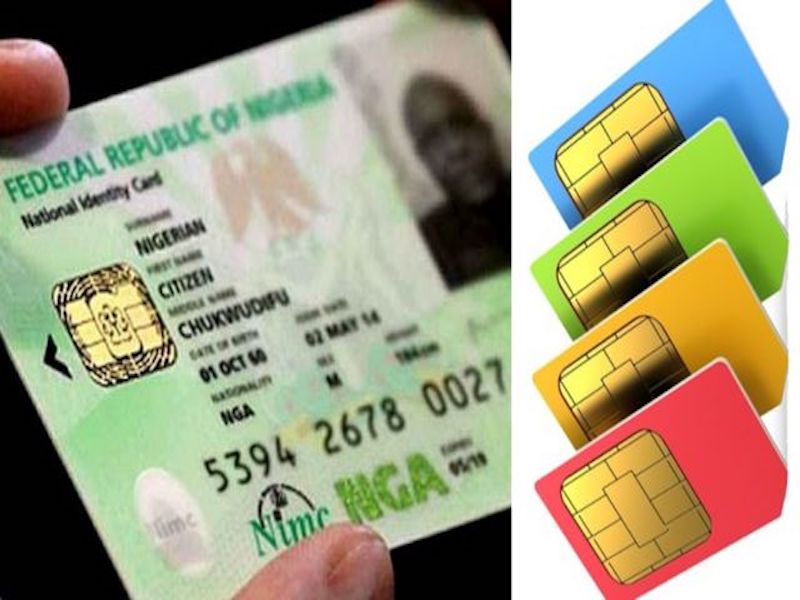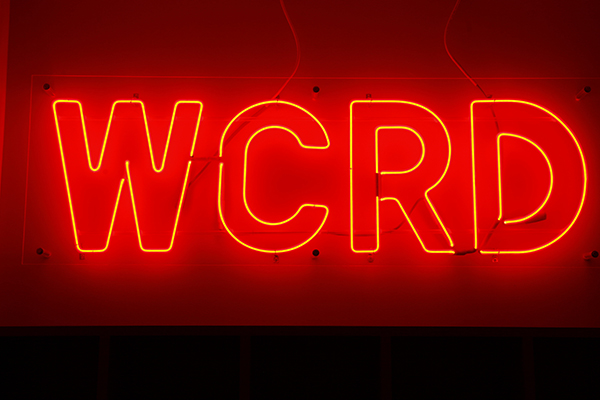1. Legal Framework and Passenger Rights
Globally, air travelers are protected by robust legal regimes—ranging from international treaties to national regulations. Key instruments include:
- Montreal Convention (1999) sets clear liability standards for international carriage. Airlines are strictly liable for proven damages up to 128,821 SDR (~US \$175,000) and must compensate for lost or damaged baggage up to 1,288 SDR per passenger.
- EU Regulation (EC) No 261/2004, effective since February 2005, guarantees assistance and compensation (€250–€600 depending on flight distance) for denied boarding, long delays, or cancellations.
- In Nigeria, the Civil Aviation Act (2006/2022) and NCAA Regulations (Part 19, NCARs 2015/2023) assure compensation (25% domestic, 30% international fares), timely information on delays, right to refunds or rerouting, and dignity throughout the travel process.
2. Responsibilities of Airlines and Airports
Entities across the aviation value chain are legally bound to uphold consumer protection:
- The UK Civil Aviation Authority (CAA) enforces aviation-specific legislation on price transparency, fair contract terms, accessibility for passengers with reduced mobility, and consumer law compliance Civil Aviation Authority.
- Airlines must clearly disclose total fares (including taxes), offer opt-in additional services, and avoid misleading terms. Contractual fairness is enforced under the Consumer Rights Act 2015 Civil Aviation Authority.
3. Emerging Trends & Challenges
Recent trends demand adaptation and stricter enforcement:
- The IATA advocates for regulatory frameworks that allocate responsibility across the aviation system—not just airlines—especially for disruptions caused by air traffic control or infrastructure failures.
- In Canada, draft revisions to the Air Passenger Protection Regulations (APPR) offer compensation for delays and cancellations—with faster refunds (15 instead of 30 days) and mandatory seating arrangements for children under 14.
- In Australia, consumer advocates push for “pay-on-delay” laws akin to the EU model. Qantas and Virgin oppose it, favoring ombuds mechanisms—but legislation may not arrive before 2026).
- In the U.S., regulators proposed mandatory compensation tiers (\$200–\$775), lodging, and meals during airline-caused delays—though policy fate is politically uncertain.
- The aviation sector grapples with consumer safety and security trends. For example, India is contemplating expanding “no-fly” lists for passengers who mistreat ground staff, responding to rising abuse.
4. Emerging Technologies & Access Advocacy
Advancements and activism shape future regulations:
- Technologies like AI-powered chatbots, mobile apps, and blockchain baggage tracking are enhancing transparency and facilitating claims handling.
- Accessibility advocacy is gaining momentum. In the UK, campaigns for fairer treatment of disabled passengers press for no compensation caps, better staff training, and more accessible cabin design.
5. Passenger Responsibilities
Passengers bear responsibility too—courtesy, compliance, and documentation are essential:
- Adhering to safety directives (e.g., switching off devices or following cabin crew instructions) preserves safety and prevents disputes.
- Maintaining records—boarding passes, complaint receipts, documentation for denied boarding or damaged baggage—enhances claim validity. In Nigeria, only a fraction of passengers secure compensation due to lack of proper documentation.
Conclusion
Consumer protection in aviation is evolving, driven by legal frameworks like the Montreal Convention, EU and domestic airline laws, new technological tools, and global trends. Regulators, airlines, and airports are increasingly held accountable for transparency, accessibility, and fair redress—while passengers must also act responsibly to safeguard their own rights. As travel continues to rebound and digitize, an informed, rights-aware passenger and a proactive, accountable industry are vital to a just aviation ecosystem.



